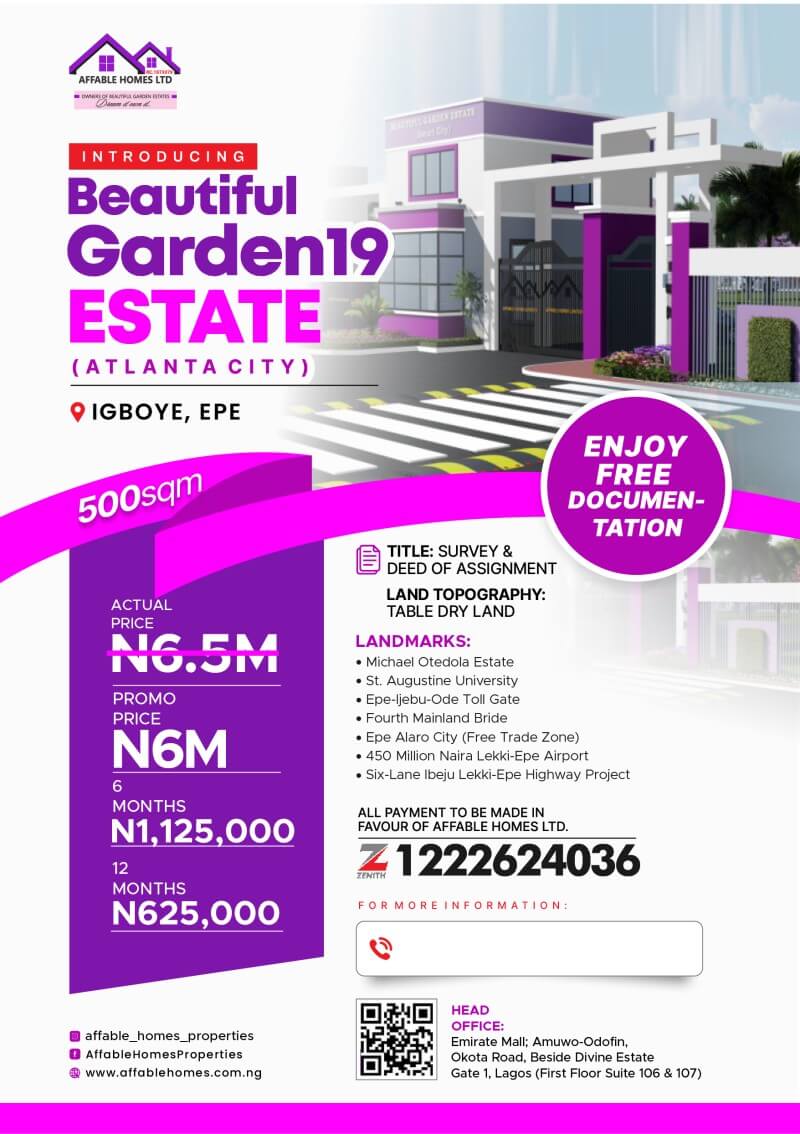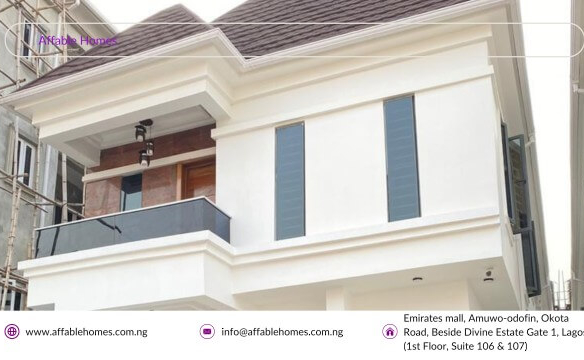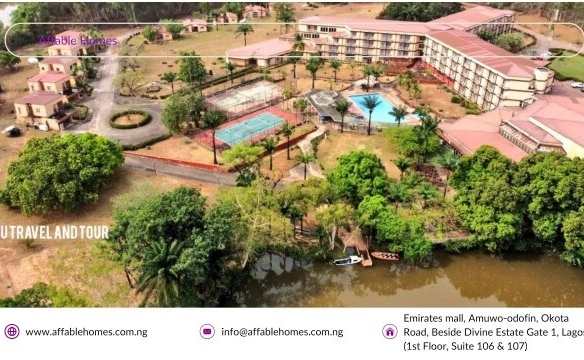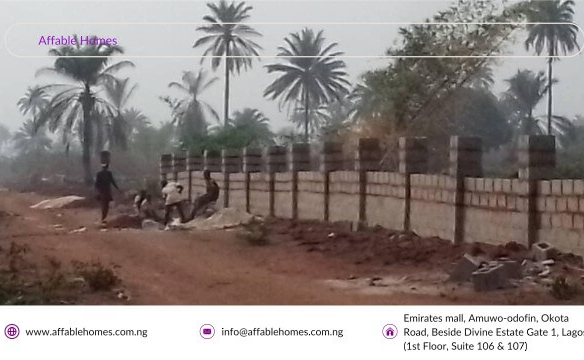The Certificate of Occupancy (CofO) is one of the most important documents you’ll come across if you’re buying land or property in Nigeria.
This certificate is what legally proves you have the right to own and use the land. Without it, your land ownership could be challenged or revoked.
But did you know there are different types of Certificates of Occupancy? Not all C of Os are the same, and the type you get depends on factors like who issued it, the kind of property, and the length of ownership rights.
In this guide, I’ll break down everything you need to know about the different types of Certificates of Occupancy in Nigeria, their purpose, and how to secure one.
What is a Certificate of Occupancy (CofO)?
A Certificate of Occupancy (CofO) is an official document issued by the state government that grants an individual, company, or institution the right to occupy land for 99 years (as per the Land Use Act of 1978).
Think of it as the highest form of land ownership recognition in Nigeria—if you have a C of O, the government legally acknowledges you as the owner of the land or property.
Why is a Certificate of Occupancy Important?
This certificate is crucial for the following reasons:
- It proves legal ownership – Without a CofO, you don’t have full legal backing over the land, and it could be revoked by the government.
- It prevents land disputes – A C of O protects your land from multiple claims and ownership issues.
- It increases property value – Irrespective of varying land sizes, land or property with a CofO is more valuable because buyers and banks trust it.
- It is required for mortgages and loans – Banks and financial institutions will not approve real estate financing if the land doesn’t have a valid title like a CofO.
- It helps in compensation claims – If the government ever needs to acquire your land for public use, a C of O ensures you get compensated.
Now that you understand why a CofO is so important, let’s look at the different types available in Nigeria.
Also Read:
- How Court Judgment Differs from Other Land Titles in Nigeria
- 10 Different Land Titles You Should Know in Nigeria
- Different Land Sizes Available in Most Estate Properties in Lagos
Types of Certificate of Occupancy in Nigeria
You will find the following types of CofO in Nigeria:
1. Residential Certificate of Occupancy
A Residential CofO is issued for land or property that is exclusively meant for residential purposes—meaning you can’t use it for commercial activities like building a shop, office, or warehouse.
Who Needs a Residential CofO?
- Individuals buying land for a personal home.
- Estate developers building residential communities.
- People who inherited land and want legal recognition.
Key Features:
- Strictly for private home use (no businesses or industrial setups).
- Lasts 99 years, after which the lease must be renewed.
- The owner must pay ground rent to the government (unless specified otherwise).
2. Commercial Certificate of Occupancy
A Commercial CofO is given to businesses, investors, or organizations that want to use the land for commercial activities such as offices, warehouses, hotels, shopping malls, or event centers.
Who Needs a Commercial CofO?
- Business owners setting up office buildings.
- Investors developing hotels, malls, or business plazas.
- Companies establish warehouses, factories, or industrial sites.
Key Features:
- You must use the land for commercial purposes.
- Higher fees and taxes compared to a Residential CofO.
- Can be revoked if the land is not used for business as stated.
Important Note: If you have land with a Residential CofO and you want to turn it into a business space, you must apply for a land use change and get a Commercial CofO.
3. Agricultural Certificate of Occupancy
In Nigeria, an Agricultural Certificate of Occupancy is issued to individuals, cooperatives, or companies using land for farming, livestock, or agro-related businesses.
Who Needs an Agricultural CofO?
- Farmers who own large farmlands.
- Companies running agro-based businesses like poultry, fisheries, or plantations.
- Investors who are interested in commercial farming.
Key Features:
- You must use the land for agricultural activities.
- Government incentives may be available for large-scale farming.
- Lower tax rates than commercial land but higher than residential land.
4. Industrial Certificate of Occupancy
An Industrial CofO is issued for land used for manufacturing, large-scale production, or heavy industries like cement plants, steel factories, or oil refineries.
Who Needs an Industrial CofO?
- Manufacturing companies.
- Investors in large-scale industrial production.
- Oil and gas firms with refineries or processing plants.
Key Features:
- You must use the land for industrial purposes.
- Government regulations and environmental laws must be followed.
- Higher ground rent and taxes due to the industrial nature of operations.
5. Government Allocation Certificate of Occupancy
A Government Allocation CofO is the type you receive when the government directly allocates land to an individual, business, or organization. This often happens when:
- The government sells land in new developments.
- A person or company gets land through official government programs.
- Large estates or developers acquire land through government allocation.
Who Needs a Government Allocation CofO?
- People who buy land directly from the government.
- Large estate developers building gated communities.
- Companies acquiring land for special projects.
Key Features:
- The government directly assigns the land.
- Often the cleanest and safest type of C of O since it’s directly from the government.
- Requires payment of allocation fees and processing charges.
How to Obtain a Certificate of Occupancy in Nigeria
If you’re buying land and it doesn’t have a CofO, you can apply for one through the state government. Here’s how:
Step 1: Application Submission
- Go to the State Ministry of Lands in the state where the land is located.
- Submit an application form with supporting documents like: a deed of assignment (proof of land transfer), a survey plan of the land, and proof of payment for processing fees.
Step 2: Land Verification and Survey Inspection
The government will inspect the land to ensure it’s not under dispute or previously allocated.
Step 3: Approval and Payment of Fees
Once approved, you’ll need to pay the official fees, which may include:
- Processing fees
- Ground rent (for leasehold lands)
- Stamp duty and registration fees.
Step 4: Issuance of the Certificate of Occupancy
After payments, the Governor signs and issues the C of O, making you the recognized owner.
Also Read:
- Different Types of Due Diligence You Must Do Before Buying a Property in Lagos
- Read This Before You Buy Land in Umueri, Anambra State
- What is the Difference Between Excision and Governor’s Consent in Lagos?
Conclusion
A Certificate of Occupancy is the most important land document in Nigeria because it legally proves ownership and protects your land from disputes.
If you are buying land, always ask if it has a valid CofO. If the land doesn’t have one, ensure you process it immediately after purchase. Lastly, if you are unsure about the land title, work with a real estate lawyer to verify its authenticity.
No matter what type of CofO you have—residential, commercial, agricultural, industrial, or government allocation—ensuring your land is legally recognized will save you from future problems.
Secure your land today, and enjoy peace of mind!
To explore any of our real estate investment packages like land banking, retirement plan, kids education investment plan, trade apprenticeship plan or if you want to purchase some plots where you will have residential or commercial buildings, send an email to us at info@affablehomes.com.ng or call +2349134056630.





